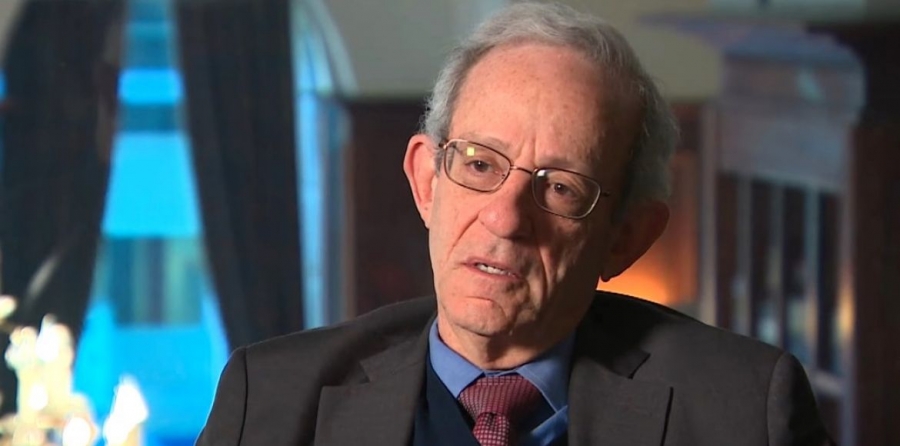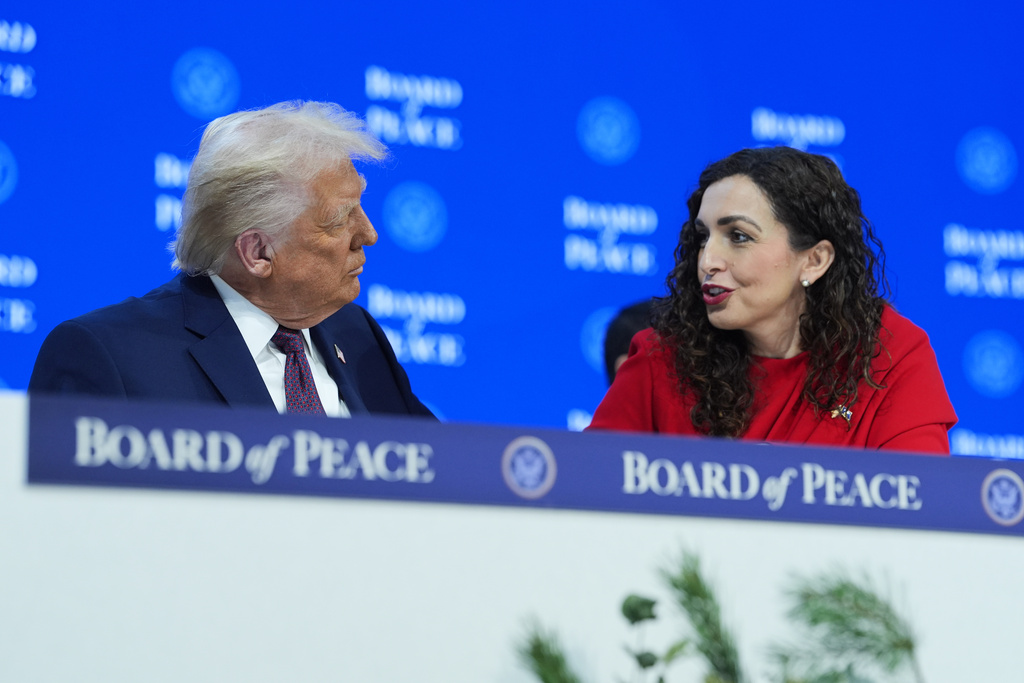Serwer: Kosovo and Serbia are not willing to reach an agreement, US involvement in dialogue would trigger Russia
Daniel Serwer, a University Professor at Johns Hopkins University and an expert on the Western Balkans, has considered that a comprehensive agreement between Kosovo and Serbia could be reached very soon, but the parties are unwilling to do so.

English
Serwer in an interview with lajmi.net spoke about the achievements of the dialogue between Kosovo and Serbia, although he did not prefer to call them such, saying that Kosovo won in relation to the EU from the dialogue after being treated equally with Serbia.
“Furthermore, I think that the dialogue has had a positive impact on Kosovo’s international position by placing it on an equal and symmetrical position with Serbia in the EU context, although it has had a negative impact as it has allowed Serbia to encourage countries to delay the recognition as the dialogue continued” he said in an interview.
The expert also spoke about a statement of his, where he had said that the former US special envoy, Richard Grenell, is not a friend of Kosovo. Serwer has said that this statement stand.
“Grenell should be avoided by anyone in Serbia or Kosovo who wants the dialogue to end. He is a grifter, not a diplomat. “The Washington agreement is not worth more than two separate pieces of paper it was typed on”, he said, among other things.
Serwer also spoke about the issue of the active role of the United States in the dialogue between Kosovo and Serbia, as well as the issue of visa liberalization for Kosovars.
Full Interview:
Lajmi.net: The first issue that I would like to discuss is the steps that Kosovo has taken in recent years in the framework of the dialogue with Serbia. I would like to ask what do you consider to be the most progressive and regressive agreements since the beginning of the technical dialogue between the two countries, where they were mediated by Brussels?
Daniel Serwer: I’m not going to answer your question, for a good reason. There is no definitive evaluation of the agreements and their impact, despite the laudable efforts of civil society organizations in both Kosovo and Serbia. This is not good. I believe the US and EU should regularly issue progress reports on implementation, obstacles to implementation, and impact. These should be based on close cooperation with civil society and government organizations in both countries. Speaking more broadly, I think the dialogue has had a positive impact on Kosovo’s international standing by putting it on an equal and symmetrical basis with Serbia in the EU context, even though it has had a negative impact by allowing Serbia to encourage countries to delay recognition while the dialogue proceeds.
Lajmi.net: Since we are talking about Brussels, it should be noted the achievement of the Agreement on the formation of the Association of Municipalities by Kosovo is facing full opposition from the Prime Minister of Kosovo, Albin Kurti. According to him, the agreement has been achieved by previous governments and is endangering the “Bosnianization” of Kosovo, in the sense of building a new Republika Srpska. What is your opinion about the Association and the opposition that is being made to it by the Prime Minister?
Daniel Serwer: The Prime Minister is doing something I think is a good negotiating tactic: holding back on Serbia’s top priority because Serbia is holding back on Kosovo’s top priorities, namely recognition, and UN membership. The Association issue would look very different if Serbia was prepared to recognize Kosovo and tell Moscow and Beijing to allow Pristina into the UN.
Lajmi.net: On the other hand, the US has issued a sort of ultimatum to Kosovo to reach a comprehensive agreement with Serbia during the term of the current Kosovo government, which culminates in mutual recognition of the two countries. What do you think, can the mentioned agreement be finalized within 3 or 4 years?
Daniel Serwer: It can be finalized in 3 or 4 months once there is the political will on both sides to make the necessary compromises. But there is no sign at all of that from Serbia, and little of it from Kosovo.
Lajmi.net: There have also been rumors of active US involvement in the dialogue, or even direct, in order to speed up a final agreement. Do you think such a thing should happen?
Daniel Serwer: It can happen, but if it triggers Russian involvement it would not be a good thing.
Lajmi.net: The US, namely the U.S Department of the Treasury, has recently targeted smuggling and criminal groups in Kosovo, some of them politicians. Do you think that there is a example of similar actions that the US has implemented in other countries and will follow them in the case of Kosovo, as well as whether the politicians of the countries in the region can be spared?
Daniel Serwer: My understanding is that the US sanctions for corruption are and will continue to be global, not just the Balkans. No one guilty should be spared.
Lajmi.net: In an interview last year, you said that Grenell is not a friend of Kosovars. Does this opinion still stand, given that Grenell during this year, following the diplomacy in the shadow of Kosovo, came to visit and said that he would take care of the Kosovo-Serbia dialogue and the implementation of the Washington Agreement?
Daniel Serwer: Grenell should be avoided by anyone in either Serbia or Kosovo who wishes the dialogue well. He is a grifter, not a diplomat. The Washington Agreement isn’t worth much more than the two separate pieces of paper it was typed on.
Lajmi.net: We are nearly at the end of this year and next year is expected to be more promising for Kosovars when it comes to visa liberalization. Hope has been raised with the arrival of a new chancellery in Germany, which in their political program for the Western Balkans also envisage visa liberalization for Kosovo. Do you think that Germany will be active enough to convince the skeptical countries of the EU Council?
Daniel Serwer: I certainly hope so. Kosovo merits the visa waiver. Germany is the de facto leader of the EU in the Balkans. Berlin needs to make its weight felt.



